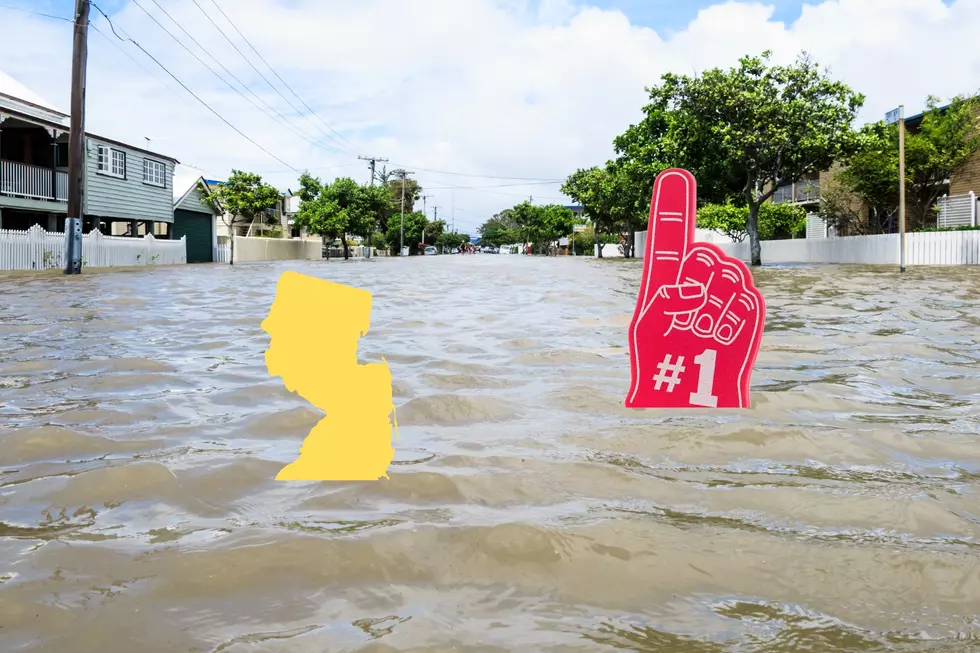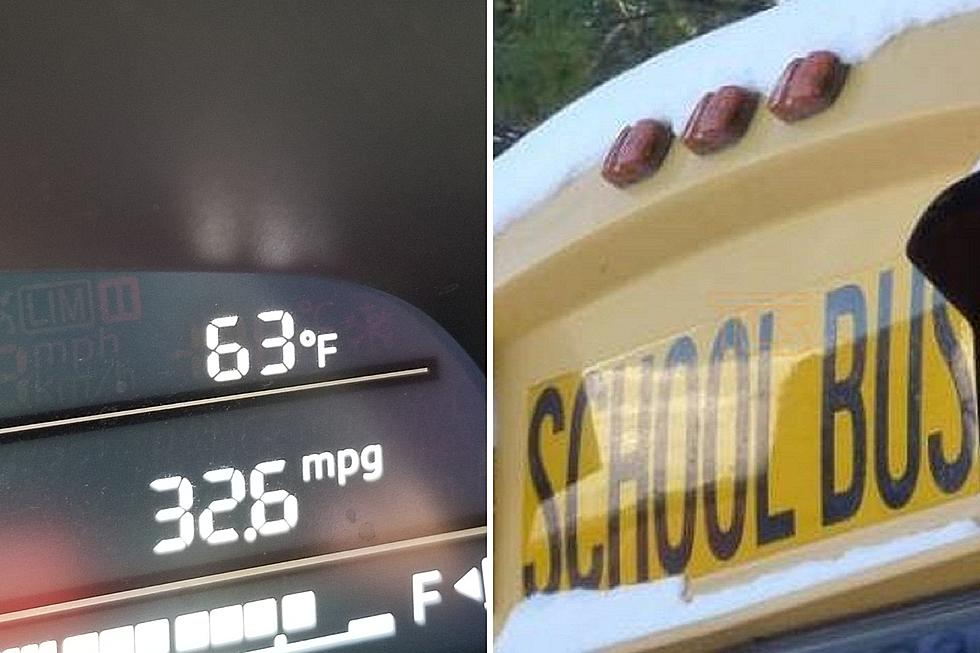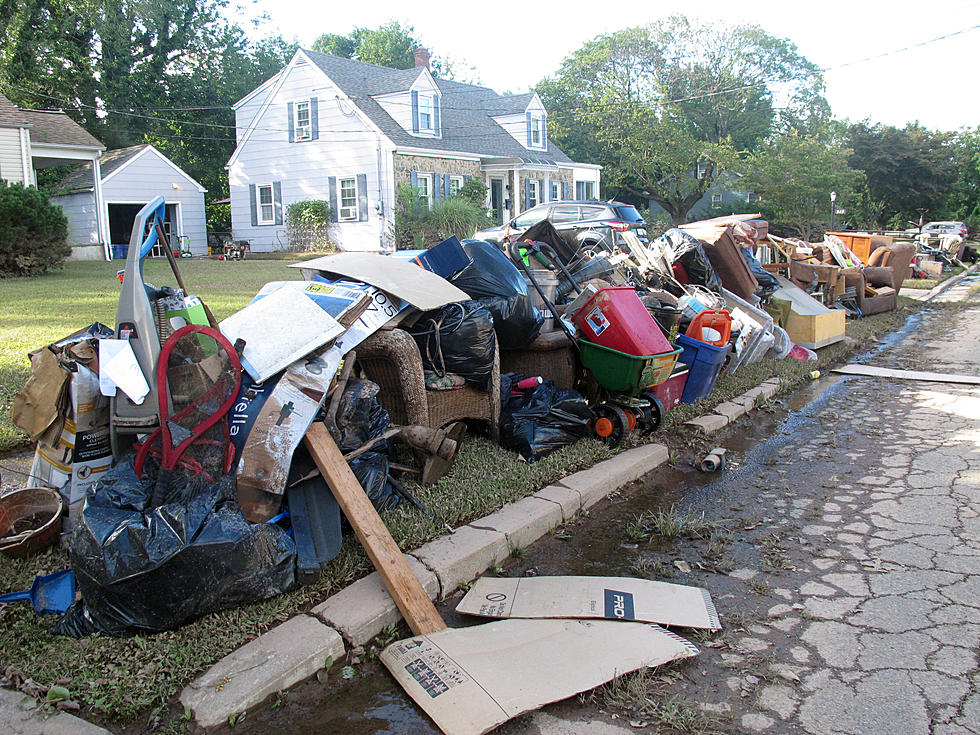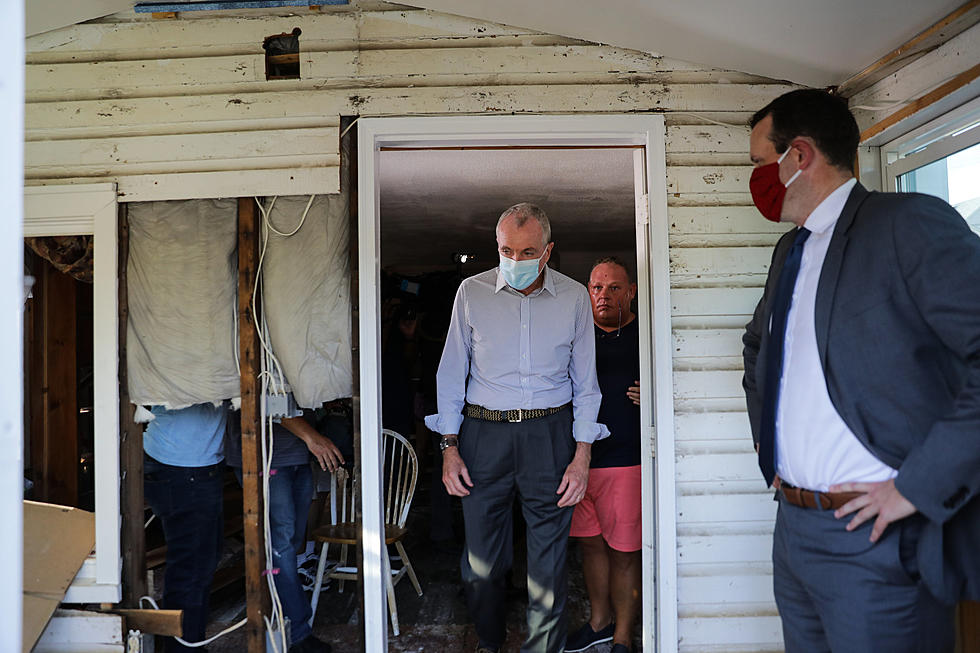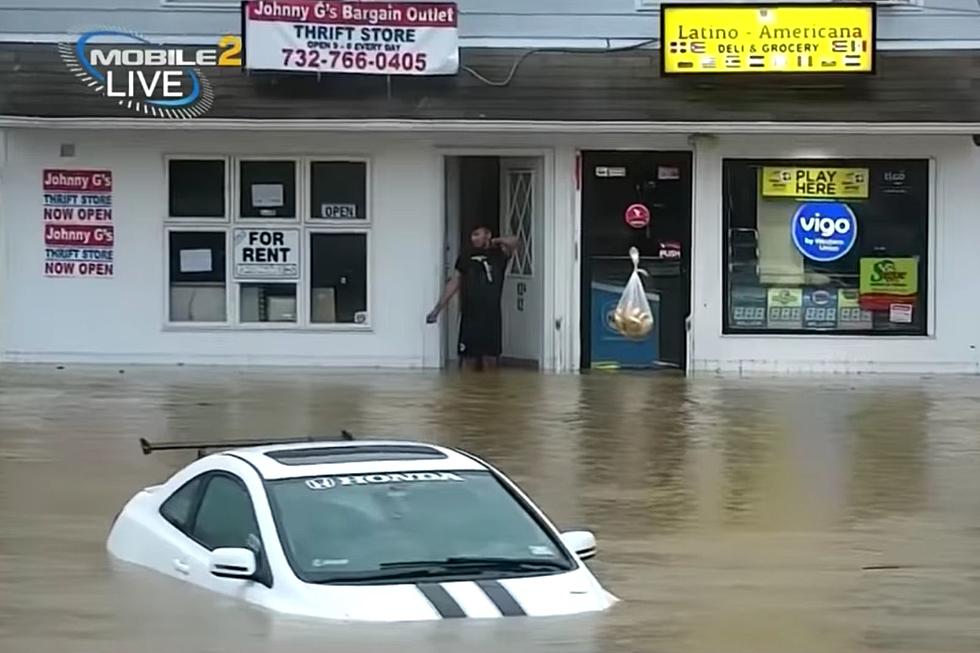
Will all that melting snow cause flooding in NJ?
The massive winter storm that blanketed the area this past weekend is long gone, but many parts of Jersey are still digging out after the storm produced 20 to 30 inches of snow.
And while the risk of flooding down the shore has decreased, it’s increasing in parts of Central and Northern New Jersey, as the snowpack begins to melt.
According to Dave Robinson, the New Jersey state Climatologist at Rutgers University, the snow we’ve been left with is equivalent to 2 to 3 inches of water, and if it melts too quickly there could be trouble.
“We don’t want above average temperatures or significant rain, what we would prefer is what I would call a well behaved melt where we get a little bit of warming during the day, it drops below freezing at night and we go through that pattern for a couple of weeks,” he said.
Robinson said 12 days after the blizzard of 1996 we had rain, with temperatures in the 50s, and almost 2 feet of snow melted in 12 to 18 hours, which produced significant flooding.
“If we are to have a rapid melt we’d be looking at the typical flood prone areas, that would be places in the Passaic River basin, in the Raritan River basin,” he said.
He added there’s less of a chance for significant flooding in the Delaware River basin because there was less snow in extreme North Jersey during the storm, so the Delaware River won’t rise as much as other rivers.
Robinson said the most snow fell in the zone between Interstates 78 and 80 and that would feed into the headwaters of the Raritan and portions of the headwaters of the Passaic, so those would be the basins most vulnerable to flooding.
“Significant rain would accelerate the snow melt, and not only the rain that falls but often the warmth that comes and the humid air that comes with it – you can melt snow faster when the air is humid than when it’s dry,” he said. “We’re hoping for mostly dry conditions, with slightly higher than normal temperatures, you’re not going to get snow melt flooding by having the sun shine day after day, and temperatures stay in seasonable ranges.”
More From New Jersey 101.5 FM
